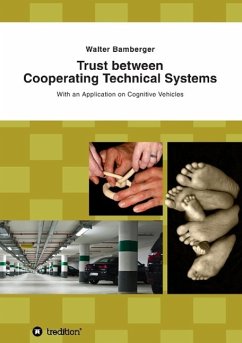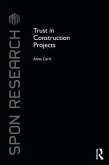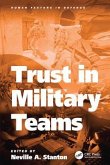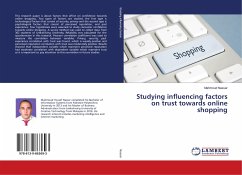Researchers from social sciences and economics consider trust a requirement for successful cooperation between people. It helps to judge the risk in situations, in which a person has the choice to rely on another one. In the future, technical systems will face similar situations. Assume, for example, self-organised robots, which reload some goods at a large logistics centre together. For this, they will need a mechanism like trust.
This book gives the reader tools to understand trust and to introduce a trust mechnism into own applications. The tools include generic requirements for own trust mechanisms and the Enfident Model a conceptual, implementation-independent model of trust. These theoretical tools are complemented with state-of-the-art algorithms from statistical relational learning. Finally, as an example, all this is applied to cooperating cognitive vehicles. As trust is a social phenomenon, this evaluation features a virtual society of vehicles, which cooperate in a vehicular network. It shows that the postulated requirements and the Enfident Model lead to intuitive and consistent results.
This book gives the reader tools to understand trust and to introduce a trust mechnism into own applications. The tools include generic requirements for own trust mechanisms and the Enfident Model a conceptual, implementation-independent model of trust. These theoretical tools are complemented with state-of-the-art algorithms from statistical relational learning. Finally, as an example, all this is applied to cooperating cognitive vehicles. As trust is a social phenomenon, this evaluation features a virtual society of vehicles, which cooperate in a vehicular network. It shows that the postulated requirements and the Enfident Model lead to intuitive and consistent results.








